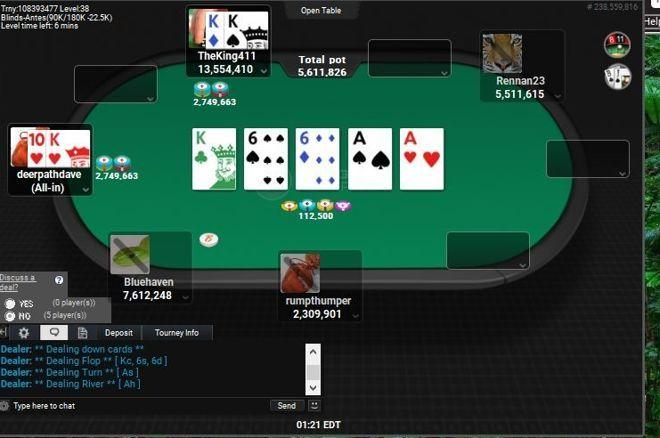When I played online poker with my friends on FaceTime, it was pretty obvious how it could put people at risk for addiction. As the night progressed, you could feel the vibe subtly shift and people take on false beliefs that their luck is either good or bad. Fortunately, I wouldn’t say any of my friends have gambling addictions, but as we played, you could see how people get them. My friends would always come back to play the next hand because of the mix of intermittent reinforcement and a false sense of control that can lead to poker players to continue playing despite losing.
One of my friends started the game strong, winning a few early hands. He got really confident and excited, especially when he made a couple of solid bluffs using some mild probability and tryna read our faces. This early success fed into a reinforcement cycle. Even when he lost a few hands later, the memory of those early wins kept him betting aggressively, convinced that another win was just around the corner.
In contrast, I had a couple of decent hands but mostly found myself folding, picking my battles. When I finally got a strong hand—a pair of aces—I went all in, feelings pretty certain I was going to win. I lost to a surprising flush. The randomness of that loss stung, but it also made me wanna keep playing because, well, we can’t end on a loss fr.
Poker, unlike pure games of chance, involves a decent amount of skill. Throughout the night, we were all constantly calculating odds, tryna read each other’s strategies and adjusting our play styles a ton. This intellectual engagement is part of what makes poker so captivating—and potentially addictive. We weren’t just passively hoping for luck. We were actively engaging with the probabilities and trying to outwit each other if that makes sense.
However, the line between skill and chance became blurred in moments of high tension. One of my friends made a bold move based on her reading of the table and her cards. She calculated the odds, figured her chances were good, and bet a ton on it. When she won, it reinforced her belief in her skill, but it was also clear that luck played a huge role. This mix of skill and luck can create a false sense of control, making players think they can “master” the game even when chance plays a significant role.
The social aspect of our game also contributed to the addictive nature of poker. As the night went on, a couple of friends who were losing heavily decided to buy back in, thinking they could win back their losses, but also not wanting to be left out of the group. Friendly competition turned into subtle peer pressure, making it harder for anyone to walk away when you’ve locked into this social activity.
The thrill of the game, the engagement with probability, and the subtle social pressures all keep us coming back to the next hand of poker.




